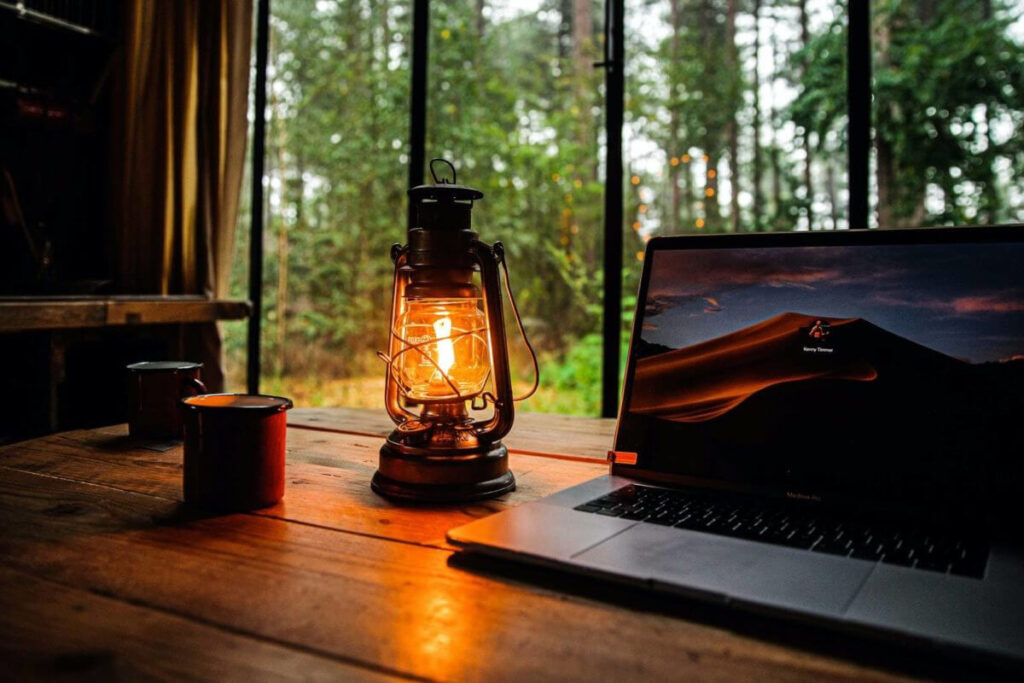UX, PERFORMANCE WEBSITES
How User Experience is Changing with COVID-19
It would be hard not to notice the extent of change our everyday lives are currently adjusting to. The outside world is closed off and we’re left to draw our enlightenment from online personalities and zoom calls.

Although we’re hoping for a return to ‘normality’ there is a notion towards a change in behaviour—a renewed appreciation for simple values, and an appreciation for the helping hand of the internet. Now, according to a YouGov survey, only 9% of the UK want life to return to ‘normal’, or the way things were before. Cleaner air, a slower pace of life, and closer ties to family and friends have been encouraging by-products of the lockdown.
This may not be a finite event to ride out, but a chance to learn and evolve.
For us and our clients, the past few weeks has put the spotlight on digital channels and experiences. Websites have had to update customers with key messages, bring offline experiences online, and adjust to new responsibilities.
Prior to the outbreak, the focus was mostly on what the person wanted, not how they should behave in light of an external factor. Limitations and restrictions are never easy to accept lightly and so experiences had to be moulded against the grain. However, as the new norms are ingrained into everyday life, this will slowly be inverted.
New Audience Behaviours
More and more consumers will be looking to brands to provide valid reassurance that their products / services can be enjoyed without risk. Expectations for brands to act responsibly have increased rapidly.
Something to consider is how audiences may become polarised. Media has become saturated with opinion and predictions about the outbreak. With ambiguity, interpretation is left wide open. Conducting new research can try and make sense of what people value and how confident they feel about products or services. If findings are regularly updated, brands can stay aligned with their target demographic.
A change in expectations leads to a change in how digital platforms are used.
User Journeys
The outbreak has added a new, thick layer of consideration into the purchase funnel. Larger transactions such as holidays and property will require a magnitude of change to accommodate expectations and alleviate concern. Even smaller transactions will require detailed information about delivery and product origin.
Online user journeys will need to be reconsidered as to where reassurance needs to be injected. From the start of the outbreak, the go-to option took a disruptive format (a red banner or pop-up). This interjection was a valid reaction but as we process the new norms these reassurances will need to be interjected naturally into user journeys (new USPs, new callouts, new interaction formats).
Rather like how environmental concerns have moved businesses towards embracing green policies, COVID-19 will push new expectations that will need to be integrated into experiences.


How to Respond
Companies employing agile methodology would have been the fastest to respond to the outbreak. Rather than allowing a legacy structure to lag behind current requirements, a platform for iterative design and progression could react and learn in the face of on-going changes.
If we are heading for a new set of norms, experiences will need to evolve quickly to respond to the volatile confidence of consumers.
The outbreak affects the end to end experience of the consumer and the business alike. Mapping this holistic view in the form of a user journey can pinpoint how digital experiences can accommodate each touchpoint. While the immediate concern of businesses may have been keeping open, the longer-term view needs to rest on the entire transaction.
Uncertainty is apparent in most corners of the business world right now. The most effective way to overcome it is investment, experimentation, and learning. User experience naturally demands these. After all, it is about finding the best solution for the right problem.
We’ll be posting more articles about this topic over the coming weeks so please keep checking our blog.